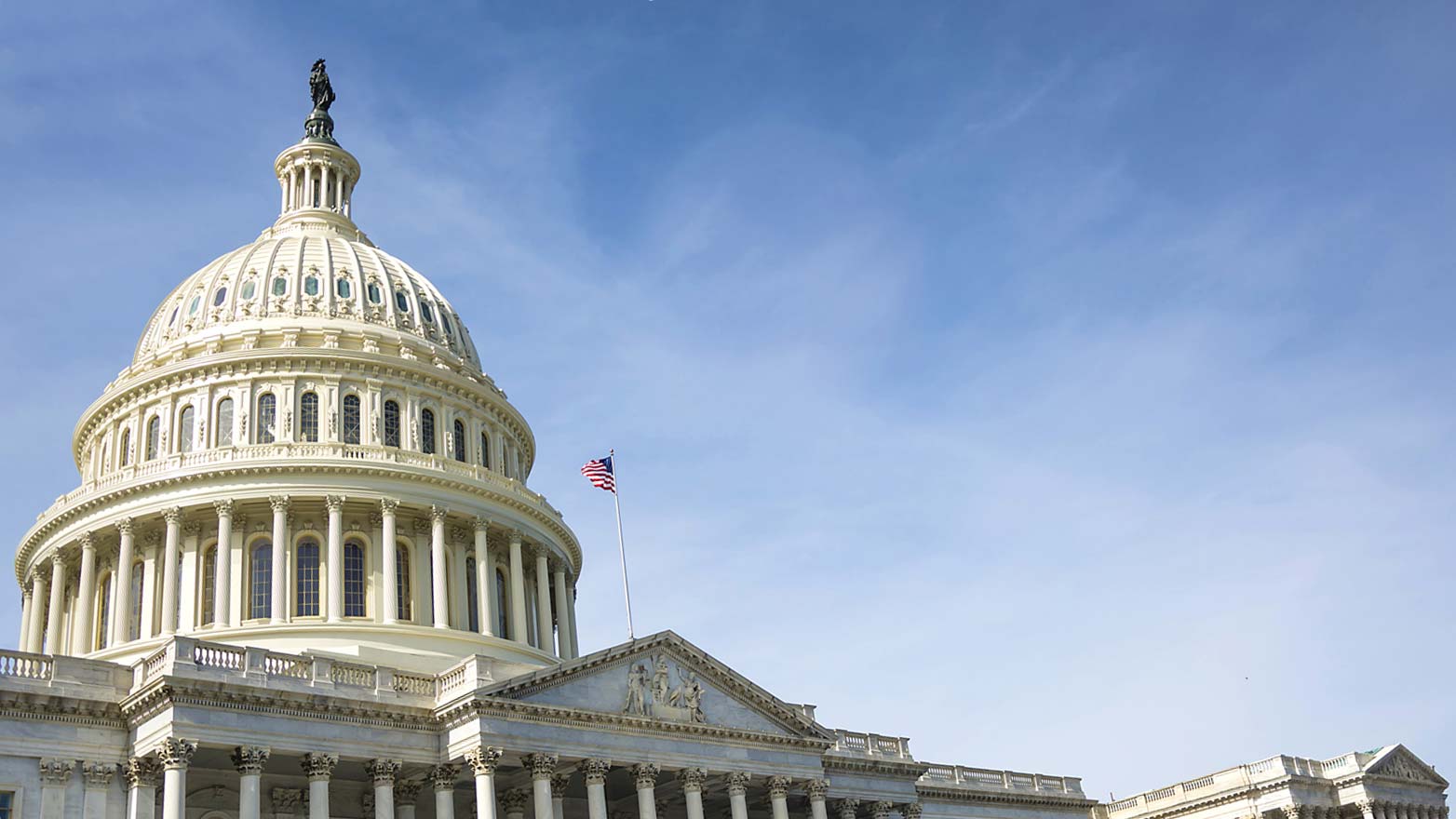December 2022
KPMG Insight: The SEC took unprecedented action in promulgating a series of rules proposals and amendments geared toward trade execution, order flow and transparency. Taken holistically, these proposals represent significant changes to the retail trading market structure. The proposals are meant to help “shine a light” on trades, particularly those within dark venues/pools and wholesalers. However, the extent of these changes is anticipated to impact all entities involved in retail investment. The proposals are meant to help further protect investors through such means as: Best Execution standards, increasing transparency in pricing and order execution, and driving “quality” in terms of disclosures in such areas as fractional share orders, odd-lot orders and larger-size orders. These proposals come as a result of what regulators felt to be both conflicts of interest and the potential for market manipulation/distortion in the retail trading market at large. Companies should assess both direct and indirect impacts and risks from these proposals (including business lines and third-party strategy, products, service and feature impacts, and technology and system readiness).
Market structure: SEC proposals addressing transparency, competition, and investor protections
Significant changes to the retail investor market structure

Share
Dive into our thinking:
SEC proposals addressing transparency, competition, and investor protections
Download PDFGet the latest from KPMG Regulatory Insights
KPMG Regulatory Insights is the thought leader hub for timely insight on risk and regulatory developments.
Explore more

Points of View
Insights and analyses of emerging regulatory issues and their impact.

Regulatory Alerts
Quick hitting summaries of specific regulatory developments and their impact.

Washington Report 360
A weekly newsletter covering legislative and regulatory developments affecting financial services firms—in 360 words or less.
Meet our team

Amy S. Matsuo
Principal, U.S. Regulatory Insights & Compliance Transformation Lead, KPMG LLP

Michael Sullivan
Principal, Advisory, FS Regulatory & Compliance Risk, KPMG US

Stefan Cooper
Principal, Advisory, FS Regulatory &Compliance Risk, KPMG US
